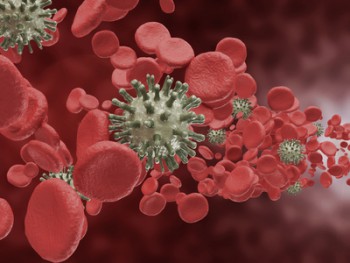
For years, doctors have been advising that a nutritious diet low in fat and rich in antioxidants is beneficial in preventing cancer and helpful in boosting the health of cancer patients. Studies show that fermented wheat germ extract (FWGE), a popular staple in health food stores, can be a potent anti-cancer dietary supplement.
What Is Fermented Wheat Germ Extract?
Quite simply, wheat germ is extracted from the germ, or seed, of a wheat plant. FWGE is wheat germ fermented with baker’s yeast to create a concentration of an active substance called benzoquinones.
FWGE is sold under the trade name of Avemar in Hungary, where it’s registered as a special nutriment for cancer patients. (Avemar is marketed as AWGE in the U.S.) In the 1990s, the fermentation process was patented by a group of Hungarian scientists who also conducted in vitro and human clinical trials.
Anti-Cancer Properties of Avemar
Cancer cells use glucose as building blocks for rapid proliferation. As the tumor grows, it continues consuming more and more of the available glucose, causing the cancer patient to experience fatigue and weight loss.
In addition to interfering with a tumor’s glucose metabolism, Avemar has applications for immunotherapy for cancer as an NK cell activator. Both processes result in apoptosis, or “suicide” of cancer cells.
Immunotherapy for Cancer: A Non-Toxic, Integrative Approach
At Issels®, we evaluate your individual case along with factors such as lifestyle and environment to create a personalized course of treatment. Visit our website to learn more about innovative methods such as cancer vaccines and gene-targeted therapies.





